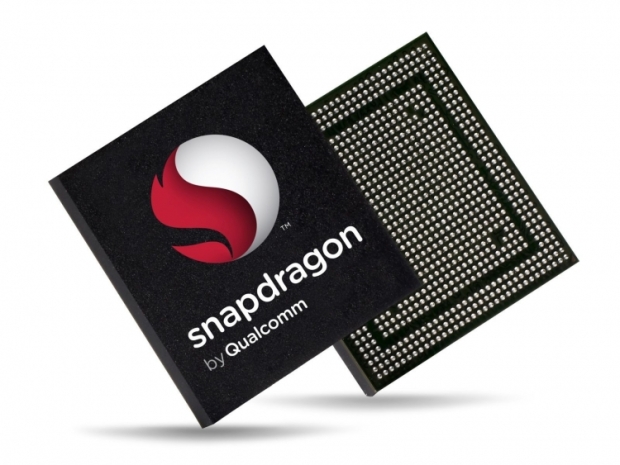Qualcomm announced that it has entered into an agreement with Apple to supply Snapdragon 5G Modem‑RF Systems for smartphone launches in 2024, 2025, and 2026.
If Apple doesn't change its phone branding, the iPhone 18 generation, expected in September 2026, will use a Snapdragon 5G Modem‑RF System, or simply a modem. It is also possible that Apple might gradually introduce some products based on its design before this date, but we will have to wait and see how things unveil.
This agreement reinforces Qualcomm's track record of sustained leadership across 5G technologies and products. In case you didn't know by now, modems are hard to make.
I spent quite some time around the topics from the first waves of 4G carrier aggregation in the late 2010s all the way to mmWaves and the 5G era that officially started in 2019 and 2020. It was always clear that 5G and modems are hard.
Intel tried and failed to make a 5G modem despite doing a decent job with a 4G modem and managing to ship them with the Apple iPhone 11 series commercially.
Intel later sold the business unit to Apple after it decided to exit this business. Apple took over thousands of engineers, hoping it could have a solution ready for its phones sooner rather than later. Advanced packaging, such as Intel Foveros, would allow one to put a chiplet modem close to the CPU and on the SoC. An alternative is to leave it as an external chip.
So far, Qualcomm, MediaTek, and even Huawei have made a 5G modem and deeply integrated it into the SoC. Integration is the most efficient way and positively impacts performance and energy efficiency.
Now it is clear Apple in-house modems will likely not happen until late 2026 or the iPhone that will launch in September 2027. The irony is that companies like Qualcomm will start talking and doing the final touches to finalize the 6G so late into the decade.
Now, leaked documents prove what we have been saying all along. Modems are hard, and Apple has difficulty hitting the power, combability, and performance goals. For the sake of iPhone users, let's hope they can get things right in the next few years.




